Top Banks in Switzerland
Swiss Banks have a reputation for providing anonymity and security, earning them the title of "the tax haven."
Swiss banks have a reputation for providing anonymity and security, earning them the title of "the tax haven."

However, the days of Swiss banks providing top-secret accounts are long gone. However, not all Swiss banks have sworn off dealing with foreign clients.
Nonetheless, they are now much more cautious and regulated when it comes to non-Swiss residents wanting to open Swiss bank accounts.
Benefits of a Swiss bank account
Swiss banks provide economic security, discretion, and asset protection. Swiss banks, in addition to being the best capitalized and safest, offer accounts in all major currencies and have low levels of financial risk.
When it comes to conflicts, the Swiss economy is known for its stability and neutrality. These advantages make Swiss banks the most economically stable and secure place to keep your money.
Given this, opening a Swiss bank account may appear difficult at first, but once you understand the basics, it will become easier.
Bank Account Types in Switzerland
In Switzerland, there are numerous types of bank accounts, each serving a specific purpose.

1. Current accounts
A current account is the most basic type of bank account available in Switzerland. Through this account, you can receive your salary, pay your bills, save money, and invest. You can also withdraw money in both Swiss francs and euros.
Current accounts typically have a monthly fee that ranges from CHF 5 for standard accounts to CHF 15 for premium accounts (USD 5.31 and USD 16, respectively). Furthermore, if you withdraw cash from ATMs managed by other banks, you may be charged additional processing fees.
2. Joint accounts
Joint accounts, as the name implies, can be used by two people who both have full access to the funds.
Joint accounts are typically held 50:50 by the two parties; however, if both named holders agree, they can hold the account in different proportions.

3. Savings and Investments accounts
Saving and investment accounts are the best options if you want to set money aside or invest it.
Though they may sound similar, saving and investing are not the same thing. On the one hand, savings accounts allow you to save money for long periods while earning a lower return with no risk.
On the other hand, investing allows you to earn significantly more money in return, but you also risk losing a significant amount of money.
4. Numbered Swiss bank accounts
Numbered accounts are high-security accounts offered by some Swiss banks to provide the account holder with an additional layer of privacy.
However, these accounts have significant fees that can reach CHF 2,000 (USD 2125) per year. Banks are permitted to prohibit international payments and monitor large payments for money laundering purposes for such accounts.
Top Banks in Switzerland
Switzerland is well-known for many things, including banks. It's difficult to imagine a world without banks in the twenty-first century.

They play an important role in people's lives, the behavior of countries, and the relationships of international organizations.
Swiss banks are some of the most well-known in the world, and for a good reason: they have great features, special offers, and relatively low prices.
1. The UBS Group AG
The Union Bank of Switzerland and the Swiss Bank Corporation merged to form UBS Group AG in 1998.
The business primarily advises and recommends products to private clients, wealth management clients, corporate clients, and institutions. UBS' headquarters are in Zurich, and the company has seven offices around the world.
Personal accounts, savings accounts, credit cards, debit cards, digital banking, bonus programs, and other additional products are all available through the bank's banking packages.
For a personal account, monthly maintenance fees start at CHF 5 (USD 5.31) and include free cash withdrawals from UBS ATMs.

UBS's net income in 2021 was CHF 6.419 billion (USD 6.821 billion).
2. Julius Bär
Julius Baer, founded in 1890, is a banking group with headquarters in Zurich and more than 20 locations around the world. The bank assists its corporate clients with wealth accumulation, management, and preservation.
Their primary focus is on investment advice and expertise, ensuring that the client's goals and objectives are met.
Because this bank is an investment bank, it primarily serves and sells to extremely wealthy clients.
Julius Bär's net income in 2021 was CHF 1.08 billion (USD 1.15 billion).
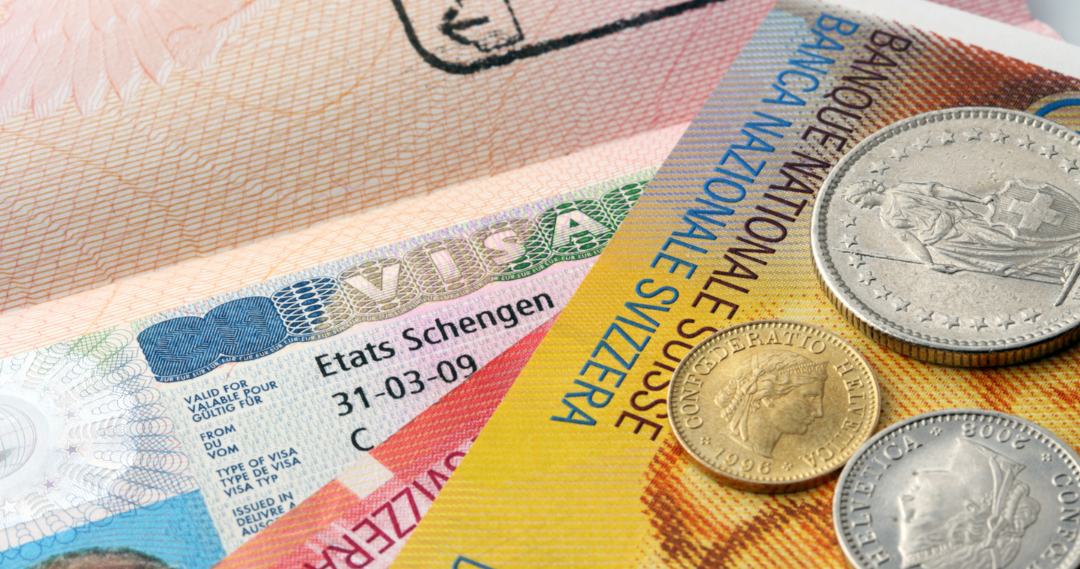
3. Raiffeisen Switzerland
Raiffeisen is one of Switzerland's largest banks, with approximately 3.6 million customers and 1.9 million cooperative members.
In Switzerland, there are 823 Raiffeisen locations where clients can receive personalized advice on pensions, homeownership, investment, and insurance solutions.
The bank offers a wide range of products and services to make life easier for its customers. Payment and savings accounts, e-banking, memberships, insurance, and bonuses are examples of these. Although opening a private account is free, annual fees are CHF 60 (USD 64).
Raiffeisen Switzerland's net income 2021 was CHF 1.623 million (USD 1.725 million).

4. Banque Cantonale de Genève (BCGE)
The BCGE was established in 1861. It has 21 branches throughout the region and helps individuals, businesses, and institutions.
From day-to-day banking operations to mortgage financing, business loans, and financial management, the BCGE strives to alleviate its customers' financial concerns.
BCGE provides its clients with services and products such as daily management, savings, e-banking, and the Youth Portal.
A personal bank account can be opened for free, but the annual maintenance fee is CHF 36 (USD 38.25).
BCGE's net income for 2021 was CHF 125.2 million (USD 133 million).
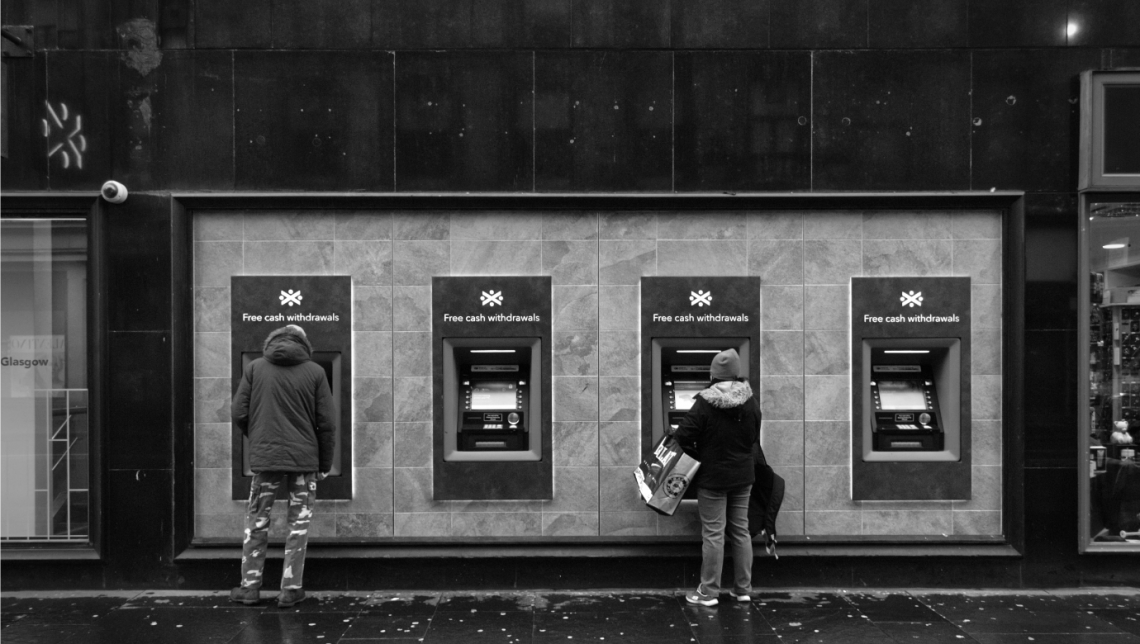
5. EFG International
EFG International is a 1995-founded investment bank. Its headquarters are in Zurich, and it operates 40 branches around the world. EFG is a private bank that also provides wealth management, asset management, and investment solutions.
Cards, current accounts for banking activities, accounts in foreign currencies, foreign exchange, precious metals investment, and trading services are among the services provided by EFG.
Because EFG International is an investment bank, its prices and fees are much higher than those of other banks. Personal accounts are free to open, but annual maintenance costs CHF 2400 (USD 2550).
EFG's international net income for 2021 was CHF 205.8 million (USD 218.7 million).
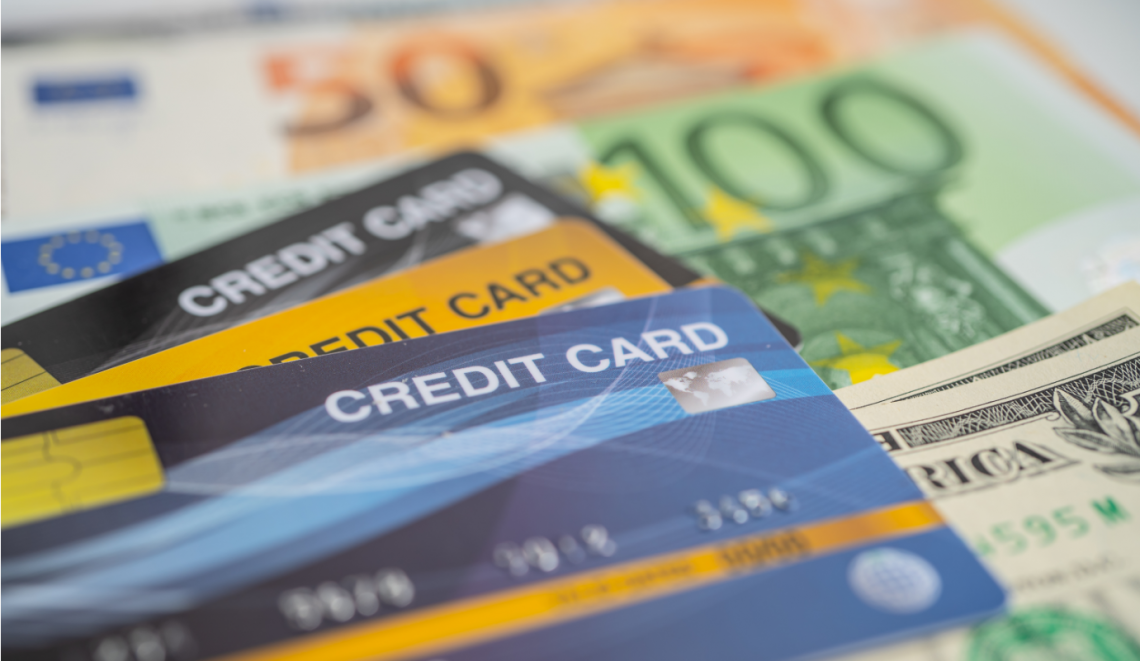
6. The Credit Suisse Group AG
Credit Suisse is one of the safest Swiss banks, with branches in over 50 countries. It was established in 1856 and had its headquarters in Zurich.
Investment banking, accounts, mortgages, and savings are offered to private clients, corporations, and institutions. If you're wondering which Swiss bank is best for foreigners, this might be it.
Credit Suisse offers three different packages to its customers: Bonviva Silver, Gold, and Platinum, which include debit cards, credit cards, savings accounts, private accounts, and insurance.
A personal bank account can be opened for free, with annual management fees of CHF 60 (USD 64).
Credit Suisse's 2021 net income was CHF 2.6 billion (USD 2.76 billion).
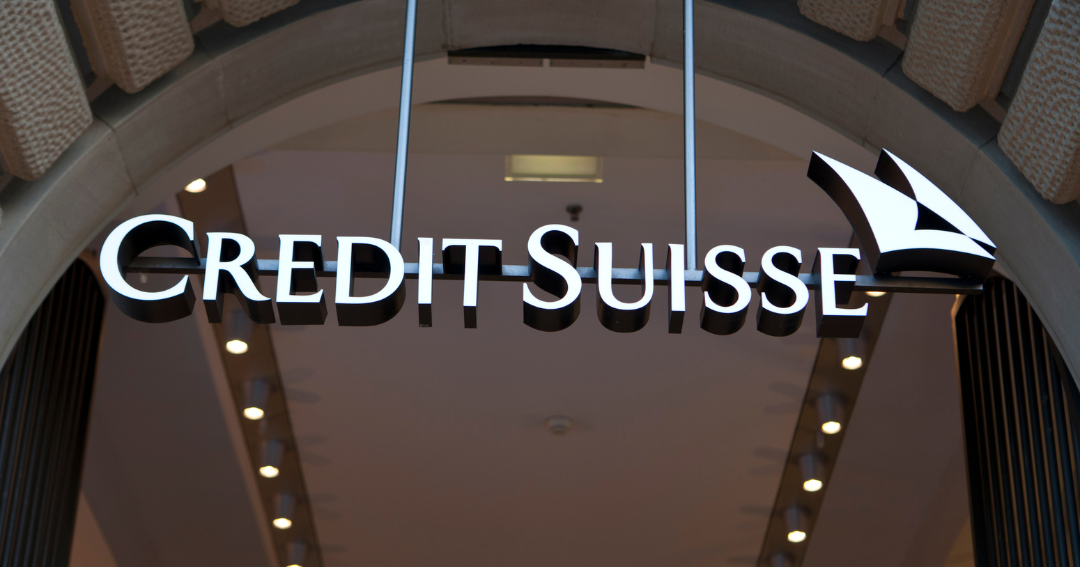
7. Zurich Cantonal Bank (ZKB)
The Zurich Cantonal Bank (ZKB) was established in 1870 and is one of Switzerland's largest banks.
The company's services include investor relations, private banking, commercial banking, and asset management, as well as institutional clients. Despite having its headquarters in Zurich, the bank operates on a national and international scale.
Investment strategies, real estate advice, and financial advice and support in all matters are among the services provided by the Zurich Cantonal Bank. A ZKB bank account is free to open, and the annual maintenance fee is CHF 12 (USD 12.75).
ZKB's net income in 2021 was CHF 942 million (USD 1 billion).

8. Basler Kantonalbank
Cantonal Bank of Basel (BKB), founded in 1899, has approximately 50 branches throughout Switzerland. The bank serves both private and business clients, with a primary focus on mortgages, investments, loans, start-ups, trading, and business consulting.
Bank packages range from Classic to Comfort, to Premium, with discounts available for young people and students.
Account opening with BKB is free, with monthly maintenance fees ranging from CHF 1 (USD 1.06) to CHF 5 (USD 5.31), depending on membership type. BKB provides its clients with services such as financial planning and inheritance advice.
The BKB's net income in 2021 was CHF 110.6 million (USD 117.5 million).
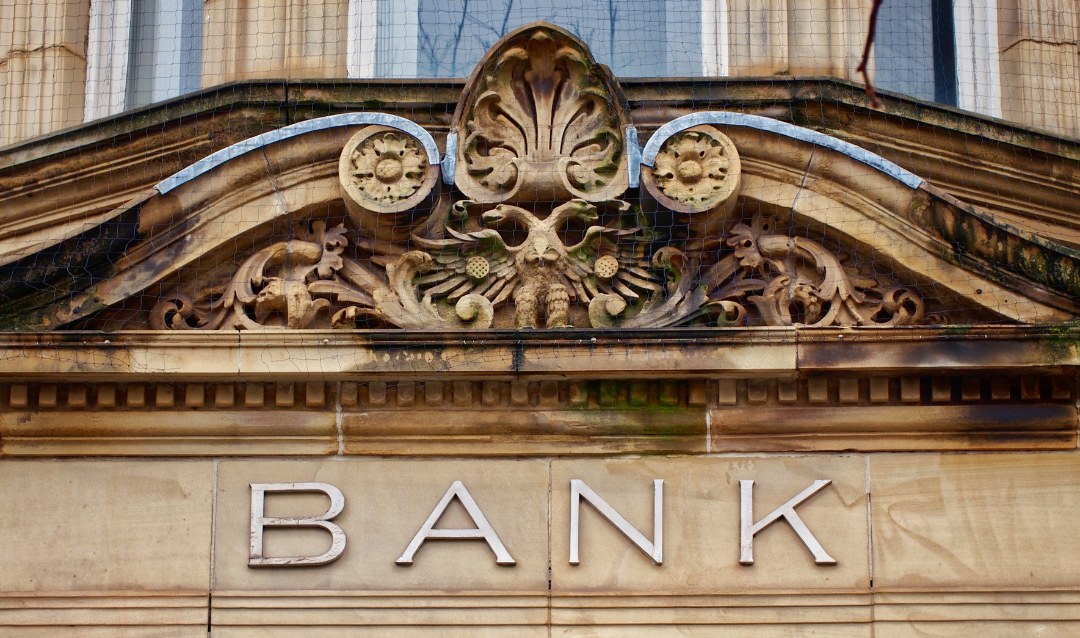
9. Vontobel
Vontobel is a Swiss investment bank headquartered in Zurich. Vontobel focuses on asset management, wealth management, and digital investing through 21 branches worldwide.
The bank serves both private and corporate clients. It provides investment strategies, comprehensive financial planning, pension solutions, and digital access to portfolios and products.
The annual maintenance fee is CHF 2,320 (USD 2465) because this bank primarily serves higher-income individuals and institutions.
Vontobel's net income in 2021 after taxes rose by 48% to CHF 384 million (USD 408 million).
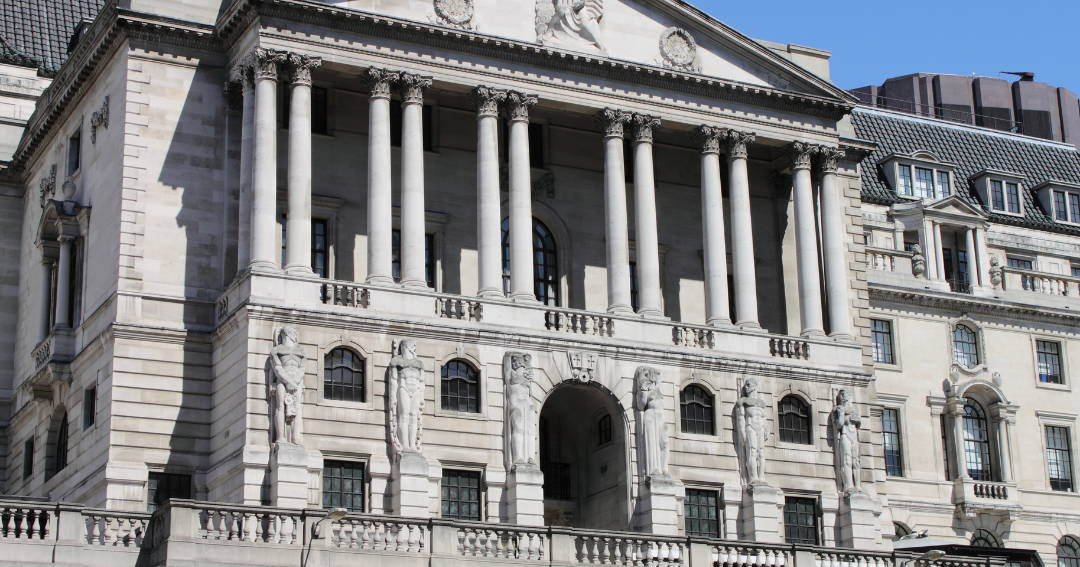
How Do You Pick a Bank?
One of the most important aspects of your life is your financial activity. Because everyone spends and manages their money differently, there are many banking options.
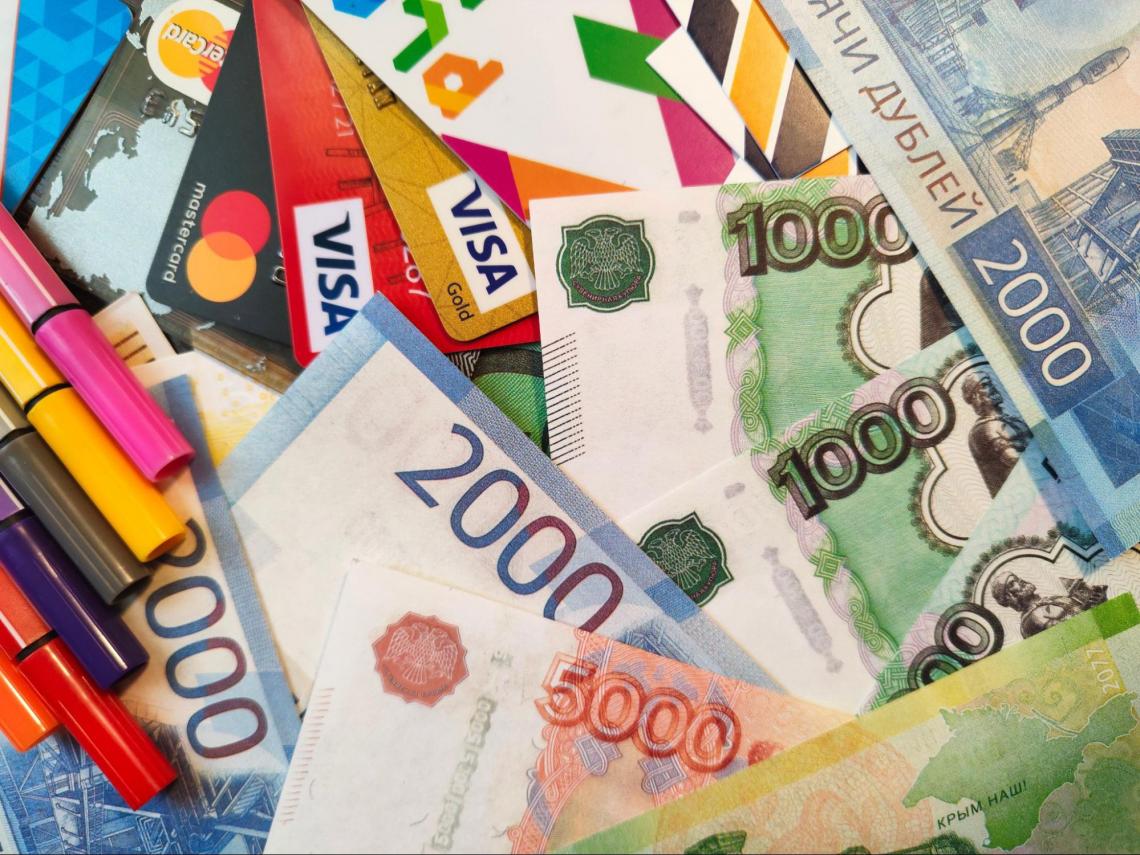
To select a bank, consider its features, base prices, feature prices, security, and access to services.
Features
Bank features are very important criteria to meet. The following are some essential bank features:
1. Convenient branch locations
2. ATMs in convenient locations
3. Excellent customer service
4. E-banking
5. Cash withdrawal
6. Money Transfer
7. Base price
The base price of a bank account is the first thing that attracts or deters customers. Most banks in Switzerland do not charge for opening a bank account; however, they may have minimum balance requirements that you must adhere to.

In terms of maintenance fees, unless you have a certain balance in your account, annual payments are usually required. For example, if your account balance exceeds CHF 5,000 (USD 5313), you will not be required to pay the monthly management fee.
8. Cost of features
To select the best bank, you must consider the costs of its features. First and foremost, you will require a debit card associated with your bank account.
Following that, you require the lowest possible costs for money transfers and bill payments. You should also be aware of e-banking and cash withdrawal fees.
9. Security
You'll want to keep your money safe, no matter how much you have in your bank account.
Fortunately, all Swiss banks, including those mentioned in this article, are insured for up to CHF 100,000 (USD 106,300). You should be fine in the event of a bank default, for example, because any money lost up to that point is covered.
10. Service Accessibility
In terms of service accessibility, most people prefer a bank with branches and ATMs in or near their neighborhoods.
E-banking is another important component of this criteria. Having a bank that allows for online access simplifies everything, and you won't have to leave your house to make payments.
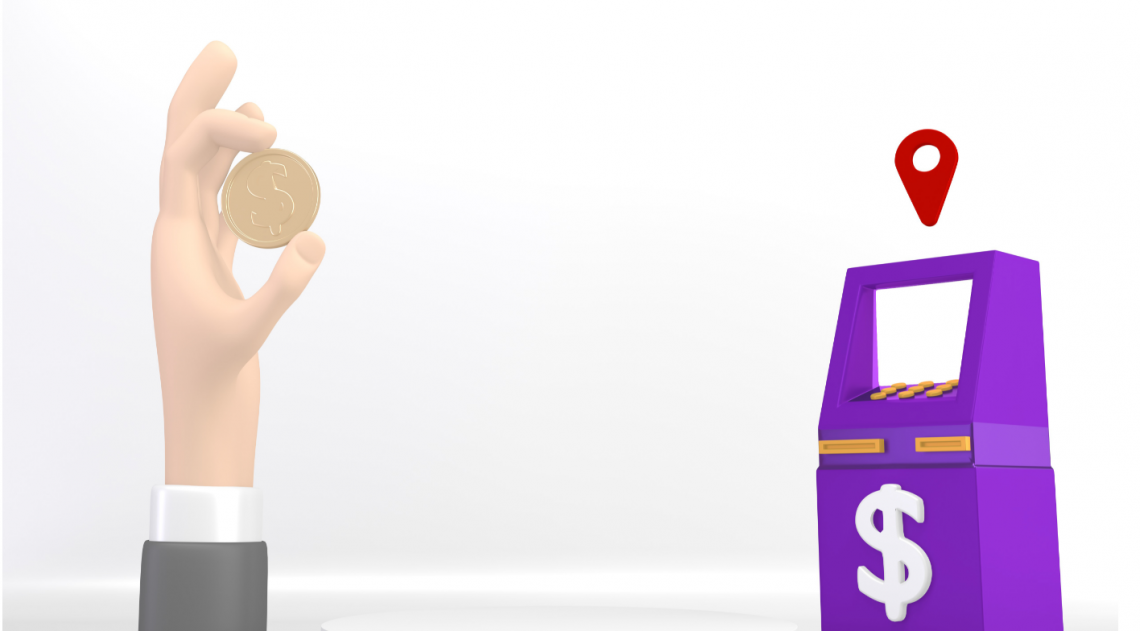




or Want to Sign up with your social account?